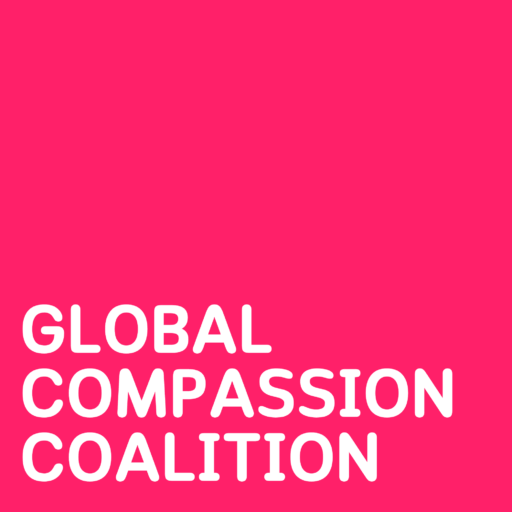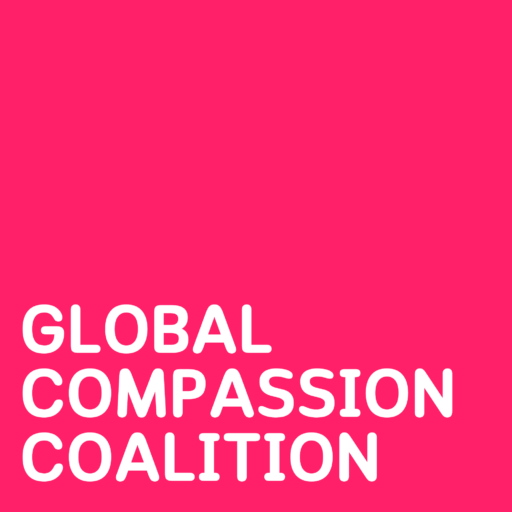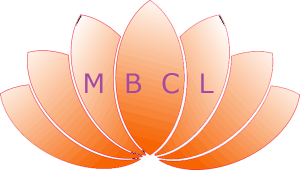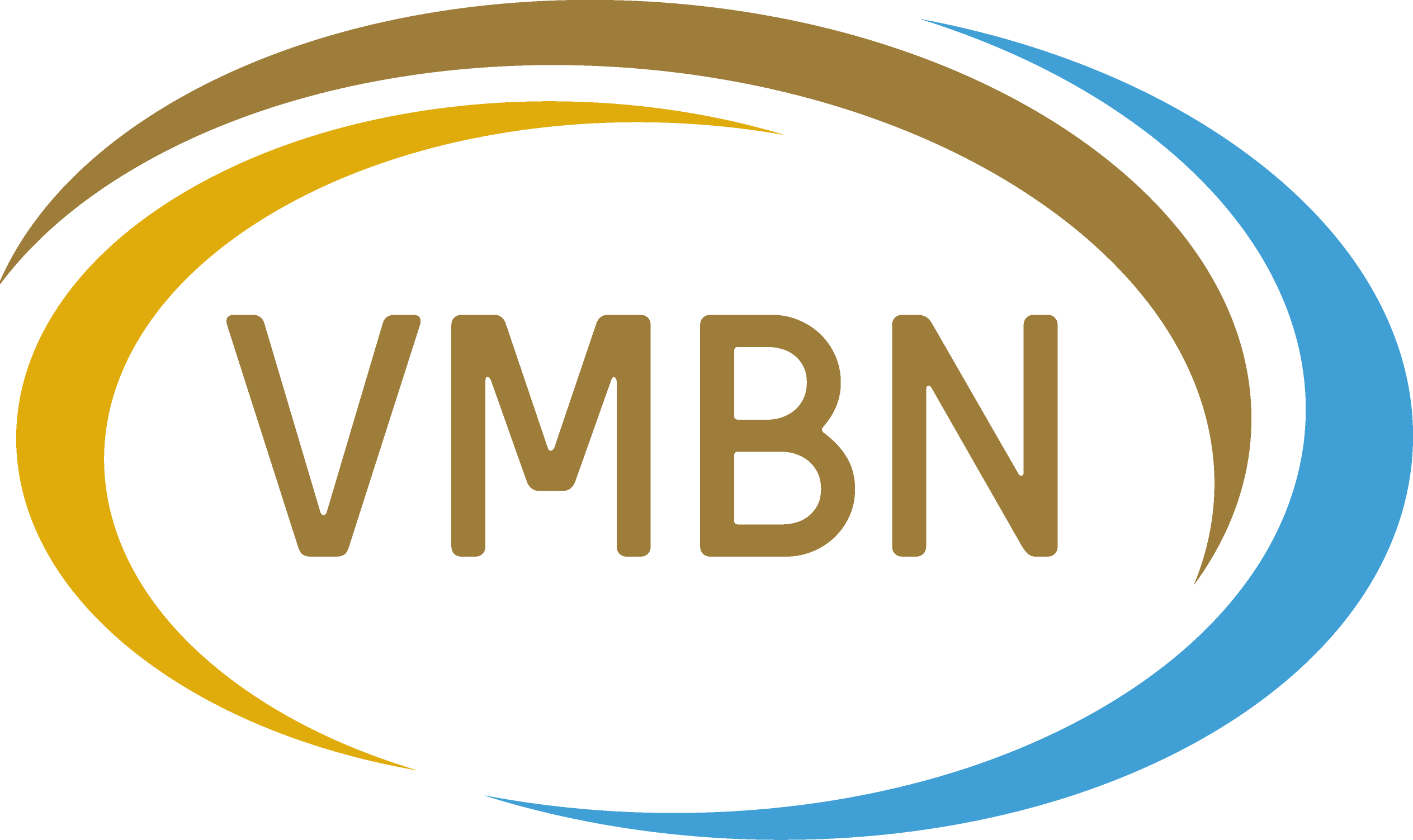What is Mindfulness?
Mindfulness is not so easy to translate from English. 'Attention-orientedness', 'Presence of mind' and 'Mindfulness' are more often used synonymously. The description of Jon Kabat-Zinn, founder mindfulness training and the Mindfulness Based Stress Reduction Program provides more clarity:
It's just paying attention, on purpose, in the present moment, and nonjugdmentally to the unfolding of experience moment to moment.
The moment-to-moment purposeful, non-judgmental presence of present experience.
It is not only about focusing our attention, but also about the intention and the attitude with which we do it, with a gentle openness to what is here and now, as it is, whatever it is.
Everyone already has the ability to be consciously present. However, many fail to develop this ability optimally. However, this ability can grow with practice. As if it were a muscle that can develop and become stronger through training, a so-called attention muscle. Just as we (usually) do not run a marathon unprepared, but will follow a thorough training program for this, so it is also important with mindfulness. To develop conscious attention.
What do you do during a mindfulness practice?
You place your attention on a focus, and you stay with that focus from moment to moment. When you notice that your attention has wandered, bring your attention back to focus again and again.
For example:
You focus on sound. You perceive sounds, near, far, pleasant and/or unpleasant, from moment to moment. Then you find yourself thinking about something you still need to do, or about a conversation that happened earlier that day, something tickles, you're making a plan. You realize you've strayed. At that moment you are back in the here and now. And you can then consciously choose to direct your attention back to the sound.

““People have always done it, sought the silence. Not to escape reality. But to stop and watch. With mild open attention. To solve the sometimes almost unbearable cramp. Which the maelstrom of life seems to force us to do over and over again. To live life with more courage, more energy, more creativity, more compassion, more freedom.”
-- Noble Maex
What's the use of this?
Because you train your ability to concentrate, you learn to focus your attention better and to keep it longer. You practice “being there”, so that you can better enjoy beautiful moments and so that you can act more consciously in difficult moments. You become more aware of how your mind works and you become more comfortable with yourself and your emotions. You get to know and recognize these better. You learn to break free from automatic patterns and you learn more freedom of choice and a more conscious life.
You train yourself in gentleness and acceptance of yourself (and therefore others).
If you want to learn how to practice mindfulness, it is wise to have one training to be done by a certified trainer. In addition, and that is also part of the training, daily practice is important. As I mentioned earlier, training attention is similar to training a muscle. The more you exercise, the stronger the muscle becomes.
The effects of mindfulness are often indirect. Regular practice will change things in your body and mind. This will become noticeable, sometimes gradually.
Because you practice daily, you practice in all circumstances: on busy and quiet days, on days when you feel uncomfortable and on days when you feel pleasant. In this way you will experience the effects of daily practice and what it does to you.

The 8 Principles of Mindfulness
Do not judge
Not judging is about facing the world with an open mind without judgement
Fresh look
Adopt an open and curious attitude, without clinging to preconceptions or fixed ideas, to approach the experience fresh and lively.
Patience
The ability to wait without impatience or haste, with a calm and accepting attitude to the natural course of things.
To trust
Having deep faith and trust in ourselves, the process of mindfulness and the universal rhythm of life.
Don't strive
Letting go of expectations and goals, being fully present in the moment, so we can accept what is.
Acceptance
Embracing the current situation and letting go of inner resistance so we can be with compassion and openness.
Letting go
Freeing the attachment to control, identification with thoughts and emotions, and being open to change and growth.
Mildness
Cultivating kindness, understanding and self-compassion, both to ourselves and to others, with acceptance and without judgment.
Mindfulness & Compassion
Professional associations
Birgitte is a member of the following professional associations and networks.








